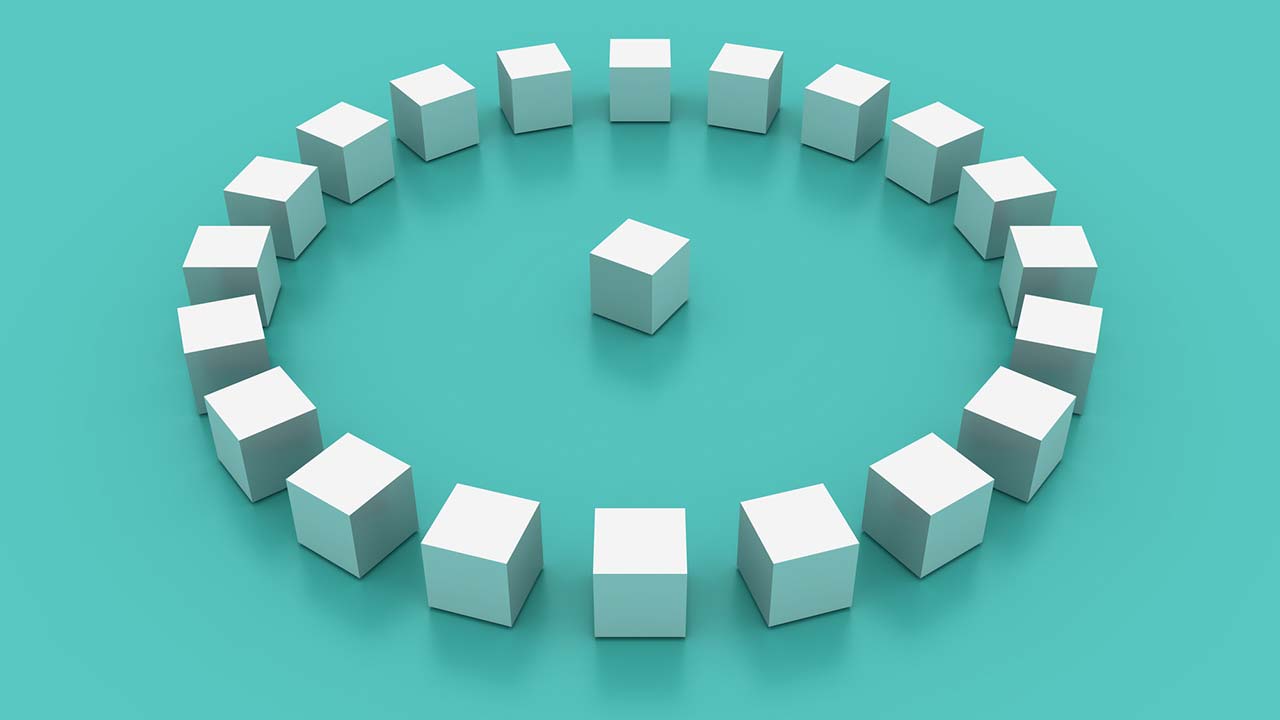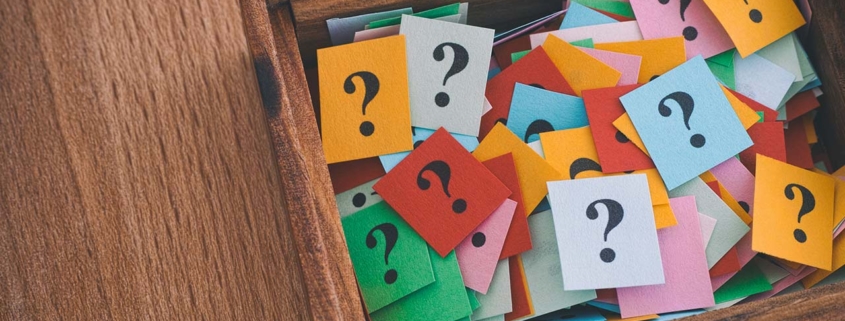Should You Buy the Best House in the Neighborhood?

A gorgeous house in a great neighborhood is definitely something that will catch buyers’ attention. And the best house on the block will certainly stand out from the rest.
But is purchasing the best house in the neighborhood a sound investment?
It’s safe to say that many buyers want a home that’s move-in ready. A home that’s already all decked out in fine finishes and updated with modern materials is something that a good chunk of buyers are looking for.
With nothing to do to upgrade a home, buyers can simply move their belongings in and start enjoying their new home. And who doesn’t love a great house? And more specifically, who wouldn’t want to own the best house on the street?
There may be some situations where it might make sense for you to invest in what’s arguably the best house in the area. Maybe the home has certain unique features that you want that you can’t find in any other home you’ve visited. Or maybe you have no desire nor inclination to update the home yourself.
If your finances can justify the purchase and you’re planning to stick around for the long haul, perhaps it might make sense to snag the place, even if there’s no wiggle room to add value to the place yourself.
But in most other cases, buying the best home in the neighborhood isn’t a sound investment decision. Here are some drawbacks to such an investment.

The Rate of Appreciation Won’t Be as Fast as Other Homes on the Block
One of the great things about owning real estate is the increase in value that you can realize if you hang onto the property for the long haul. While property values may dip from time to time, such fluctuations are temporary. Over time, the value of real estate goes up.
But if you buy a house that’s already improved, there’s little room to make any improvements on your own that will have a decent impact on the value of the property.
Instead, a home that could use a little improvement will give you the opportunity to add value. Compared to the worst house on the block, the rate of increase in the value of the best home will be a lot slower.
Further, you’ll also miss out on the opportunity to take advantage of an increase in value that tends to come from the sale of other homes in the neighborhood. With the highest-valued home on the block, the sale of other homes in the area won’t have as much of a positive effect on boosting your property’s value.
The worst home on the block will have the distinct opportunity to increase in value when they’re surrounded by higher-value homes.
For instance, a home that’s worth $500,000 can increase in value faster if it is surrounded by homes that are worth $700,000. But if your home is the highest-valued property on the street, you won’t be able to benefit from this effect.

The Value of Your Home Could Be Pulled Down By Other Lesser-Valued Homes
While low- to mid-grade homes can take advantage of increased value thanks to nicer surrounding properties, the value of the best home on the street can actually be pulled lower if it’s surrounded by properties that are less expensive.
This is a significant factor that needs to be considered and is typically one of the more important reasons why buyers are encouraged to steer clear of buying the best home on the block.
Future Resale Might Prove Challenging
Since you’re in the buying phase of the real estate game right now, you’re probably not even thinking about selling in the future. But it’s always important for buyers to keep resale in mind when they’re looking to buy. Even if your intentions are to stick around for a long time, the potential to sell at some point in the future are very real.
And if you buy the best home in the neighborhood, you might find it tough to sell if or when the time comes. More expensive homes usually have a smaller pool of buyers compared to mid-range homes, which means it will likely take longer to find the right buyer for the home.
Plus, if your home is surrounded by less-than-attractive homes, people who may be able to afford your home might prefer to be in an area with higher-value properties. And if you’re looking to make a decent profit on the sale of your home, you might find it difficult if the rate of appreciation move’s at turtle speed, as already explained.
The Bottom Line
Finding a beautiful home that has all the bells and whistles might draw you in and entice you to put in an offer, but pay close attention to the neighborhood at large. Compare the subject properties to those around it and assess the health of the neighborhood before you buy.
While it might make sense to snag the house in some cases, in most other situations, it might not be the smartest investment decision. Be sure to discuss your options with your real estate agent.



